Sherlock Holmes: A Game of Shadows - A Review
As a wave of anarchist attacks sweeps across Europe, Holmes (Robert Downey Jr.) intercepts a letter that leads him to a mysterious Gypsy (Noomi Rapace) and the diabolical Professor Moriarty (Jared Harris). Meanwhile, Watson (Jude Law) is trying to get married…
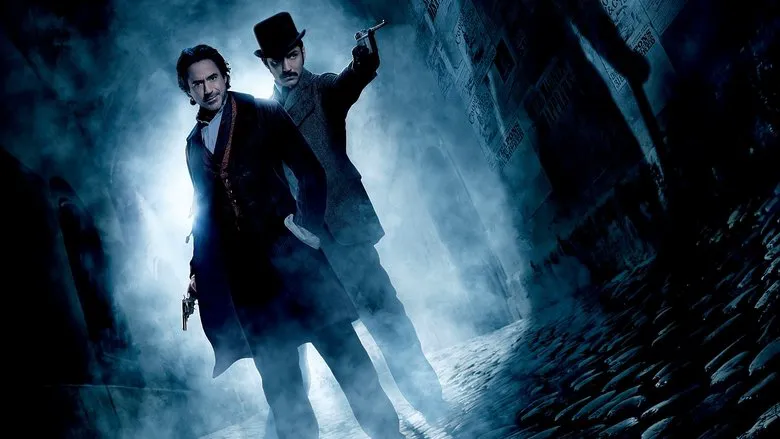
Guy Ritchie, Robert Downey Jr., and Jude Law stick to their established formula in this action-packed sequel, offering no apologies for their approach. “A Game of Shadows” avoids excessive self-indulgence and doesn’t demand deep immersion in the Sherlock Holmes legend. Thankfully, it’s not any darker than the first film. Character development takes a backseat as the heroes dash through London, Paris, Germany, and even the famous falls in the Swiss Alps with the same reckless abandon of a steampunk-infused Bond film, tipping its hat to Hitchcock and the Wachowskis. Bizarre landscapes alternate with gruesome murders, the film flaunting increasingly powerful weaponry with exhibitionistic glee. The only real change? The villain.
The Villain: Moriarty
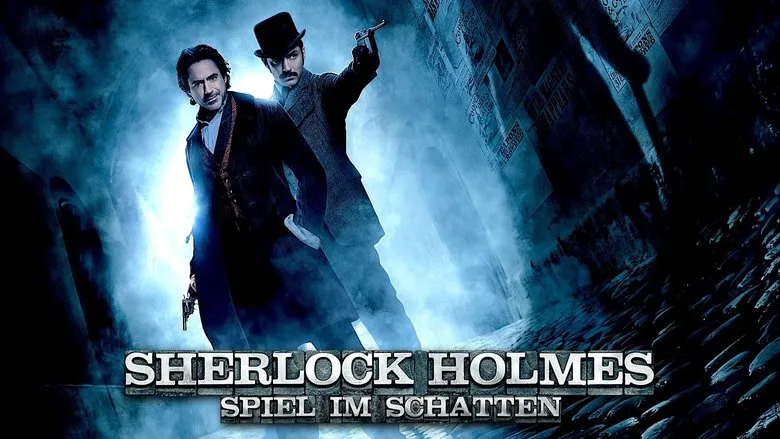
Moriarty doesn’t wear a menacing grin, but he’s clearly Holmes’s Joker, a criminal mastermind so dedicated that he’s almost indistinguishable from the hero. He doesn’t hide in the shadows; he takes center stage. Holmes and his nemesis clash repeatedly, engaging in both literal and metaphorical chess matches. There’s no need to distract the audience with a flashy celebrity cameo. Jared Harris, purring with delight as he executes his unfathomable plans (the actor’s voice a luxurious echo of his late father’s gruff Irish accent), plays a devilishly charming Moriarty, as composed as his opponent is high-strung.
Downey Jr.'s Holmes: A Postmodern Creation
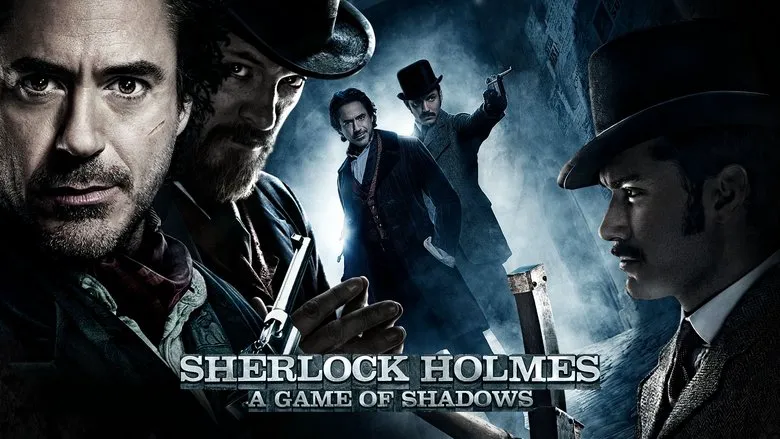
Downey Jr.'s clowning Sherlock will continue to irritate purists, but it’s worth appreciating the gambit he’s playing: he simultaneously mocks and celebrates Arthur Conan Doyle’s deadly seriousness. This Sherlock remains a postmodern creation: a quirky superman (his key ability being instantaneous intellectual attacks), a wit, a clown, an eccentric, and an old-fashioned romantic hero, now valued more than special effects. Where Jack Sparrow drowned in a sea of inedible plot spaghetti, Downey Jr.'s freethinking detective survives to unravel a hellish case. Even if you can’t follow the plot’s twists and turns, don’t worry. We identify with Watson: understanding what’s really going on is beyond our grasp; we’ll leave that to Holmes.
Ritchie’s Ingenious Approach
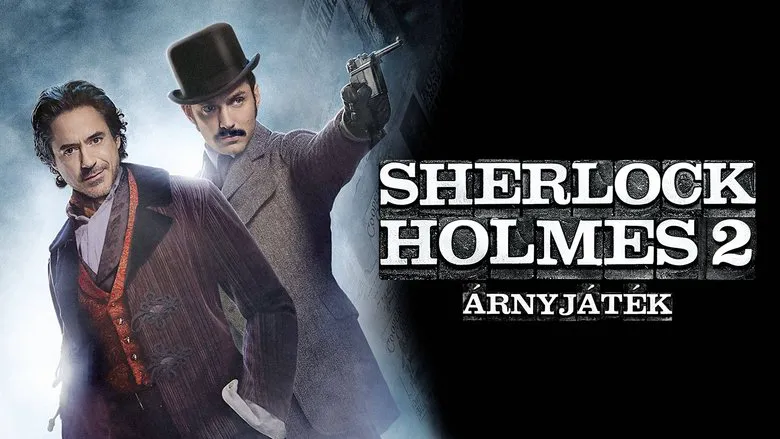
Guy Ritchie’s ingenious approach – navigating Holmes’s brainwaves, whether during furious fights (of which there are delightfully many, perhaps too many) or displays of deductive reasoning – becomes the driving force of the spectacle in “A Game of Shadows.” A long and incredibly tense scene in which Watson tries to go on his honeymoon, only for his best man to ultimately throw the doctor’s wife off the train, transforms into a matryoshka doll of intricate Holmesian schemes within schemes. The slow-motion deductive passages, unfolding back and forth in time, are an improvisation on the art of cinema, telling a story about the ability to distort time and shuffle the plot during editing. Even more than the first film, the sequel plays on a twisted contradiction: it’s a big, dumb blockbuster about astonishing mental abilities – a paradox reinforced by the witty Stephen Fry as Mycroft Holmes, playing Stephen Fry with aplomb.
The Supporting Cast
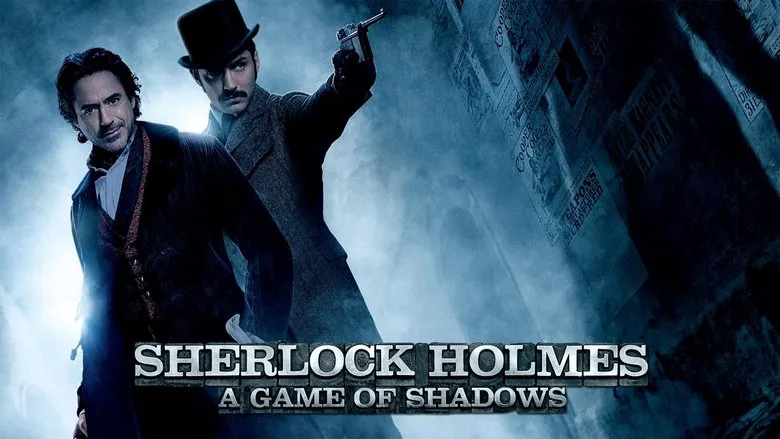
The only weak link is Noomi Rapace, but it’s not her fault (poor girl!). The daring Gypsy, Sim, isn’t particularly fiery or likable, and she isn’t even offered a love interest. She’s always around and on hand. Rachel McAdams, who returns in a brief cameo as the treacherous Irene Adler, achieved much more with less screen time in the previous film. Of course, the true love of the semi-mad Holmes remains Downey’s comedic partner, the burly Watson. Jude Law is perfectly suited for this role: the actor brings a sense of vulnerability to the image of a reasonable man fighting the overwhelming temptation of adventure. The bromance is gaining momentum; homoeroticism is now less subtext and more a well-worn routine, and Sherlock even dresses up as a woman. Never descending into parody, “A Game of Shadows…” showers the viewer with waterfalls of self-deprecation.
Guy Ritchie never loses sight of what blockbuster directors often forget: pleasure isn’t a dirty word.